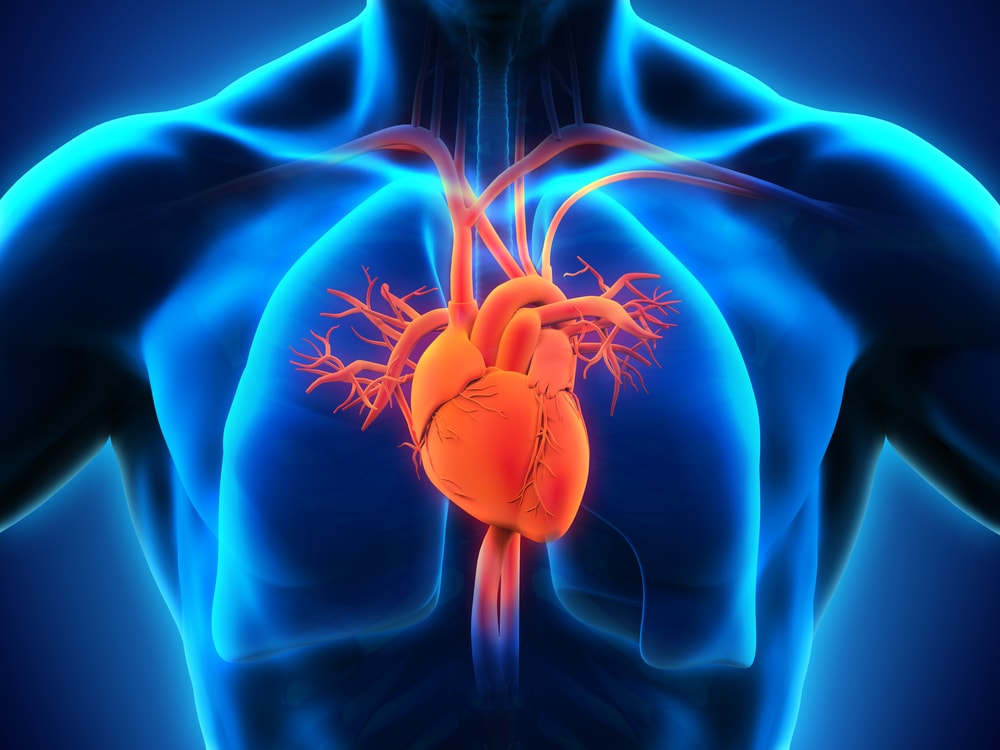Heart failure is a clinical syndrome where the heart cannot pump enough blood to meet the body’s needs, even when venous return is adequate. If you are experiencing shortness of breath, fatigue, swelling in your legs, or difficulty with daily activities, you can get personalised advice from licensed doctors through Hope Plus. This premium service helps you receive timely care and avoid complications.
Key Takeaways
- Heart failure can be acute, chronic, or present as acute pulmonary oedema.
- Early recognition and management prevent progression and complications.
- Treatment includes lifestyle measures, medications to support heart function, and careful monitoring.
- Management of underlying causes, such as hypertension or valvular disease, is essential.
Causes
- Hypertension
- Valvular heart disease, e.g., rheumatic heart disease
- Myocardial infarction
- Myocarditis
- Arrhythmias (prolonged rapid or irregular heartbeat)
- Congenital heart disease
- Severe anaemia or thyroid disease
Clinical Features
Infants and young children:
- Rapid breathing, cyanosis, wheezing, subcostal and intercostal retractions
- Rapid pulse, gallop rhythm, excessive sweating
- Tender hepatomegaly, difficulty feeding, cardiomegaly
Older children and adults:
- Palpitations, shortness of breath, exercise intolerance
- Fatigue, orthopnea, exertional dyspnoea, wheezing
- Rapid pulse, gallop rhythm, raised jugular venous pressure
- Dependent oedema, enlarged tender liver, basal crepitations
Differential Diagnosis
- Severe anaemia or acute malnutrition
- Nephrotic syndrome or cirrhosis
- Severe pneumonia
- Any severe illness in infants
Investigations
- Chest X-ray
- Blood: haemogram (ESR, anaemia), urea, electrolytes
- Echocardiogram, ECG
Treatment
- Bed rest with the head of the bed elevated; patient propped in sitting position
- Salt and fluid restriction: 1–1.5 L/day
- Furosemide 20–40 mg oral or IV every 12 hours is prescribed and administered by the healthcare provider; dose increased to 80–160 mg according to response
- Children: 1 mg/kg oral or IV every 12 hours (max 8 mg/kg/day)
- ACE inhibitors:
- Adults: Enalapril 2.5 mg once daily, gradually increased to 10–20 mg (max 40 mg) if tolerated; or Lisinopril 5 mg increased gradually to 40 mg
- Children: Enalapril 0.1–1 mg/kg daily in 1–2 doses; Captopril 6.25–12.5 mg every 8–12 hours, increased over 2–4 weeks to max 150 mg daily
- Beta blockers:
- Adults: Carvedilol 3.125 mg every 12 hours, increased gradually to 25 mg every 12 hours; or Bisoprolol 1.25 mg once daily, gradually to 10 mg
- Children: Carvedilol 0.05 mg/kg every 12 hours, increased gradually to 0.35 mg/kg every 12 hours
- Additional medicines (second/third line):
- Spironolactone 25–50 mg once daily is prescribed by the healthcare provider
- Children: 1.5–3 mg/kg daily in divided doses
- Digoxin 125–250 micrograms daily is administered; children: 15 micrograms/kg daily
- Caution: ACE inhibitors and beta blockers require monitoring if systolic BP <90 mmHg; digoxin requires caution in elderly and renal disease
Prevention
- Manage underlying risk factors
- Early diagnosis and treatment of causes, e.g., hypertension
- Adherence to prescribed treatment
Chronic Heart Failure Management
- Periodic monitoring of body weight, blood pressure, heart rate, respiratory rate, and oxygen saturation
- Salt and fluid restriction
- Limit alcohol intake
- Regular exercise within symptom limits
- Continued treatment with medications, progressively adjusted to achieve symptom control


